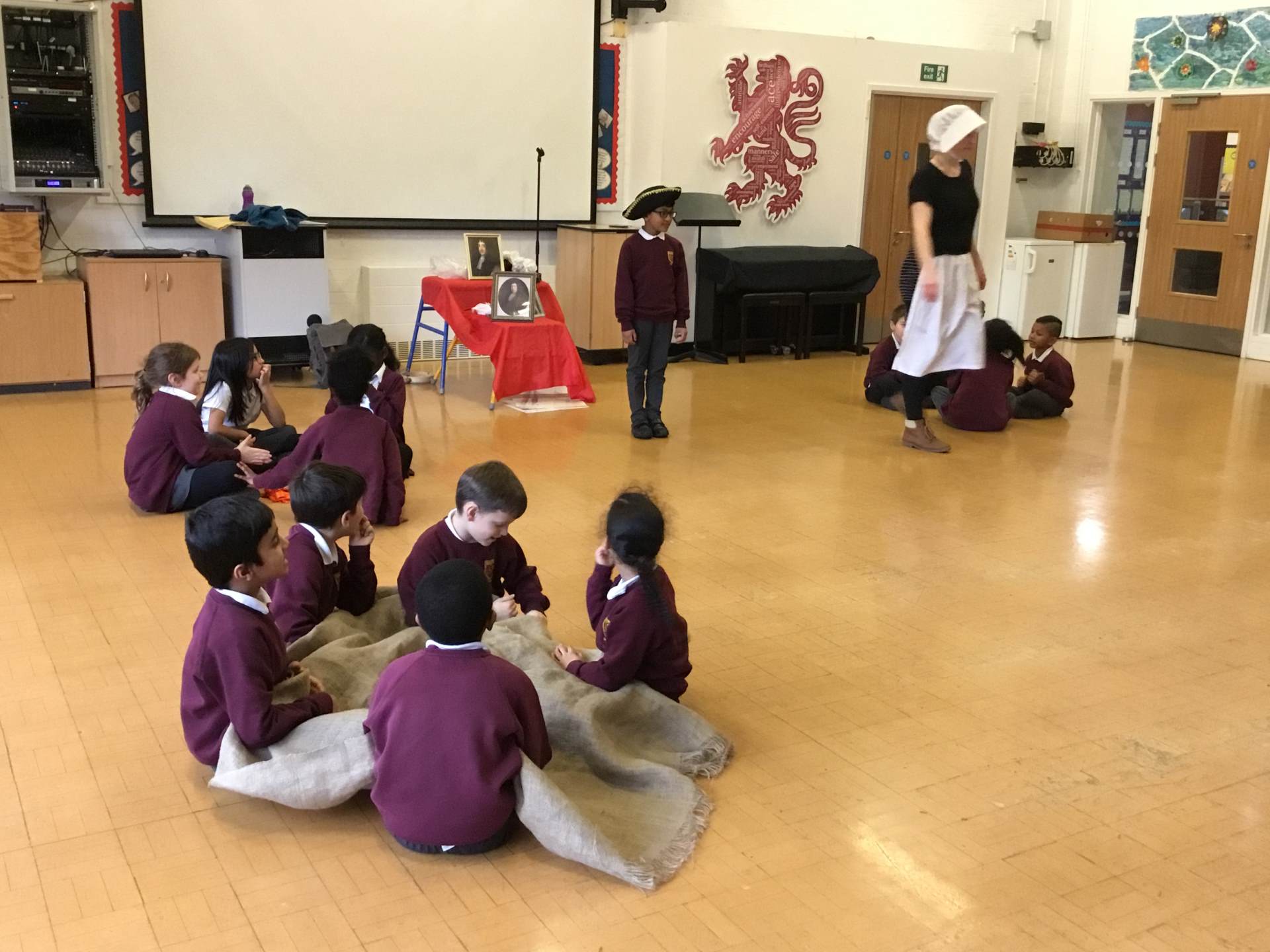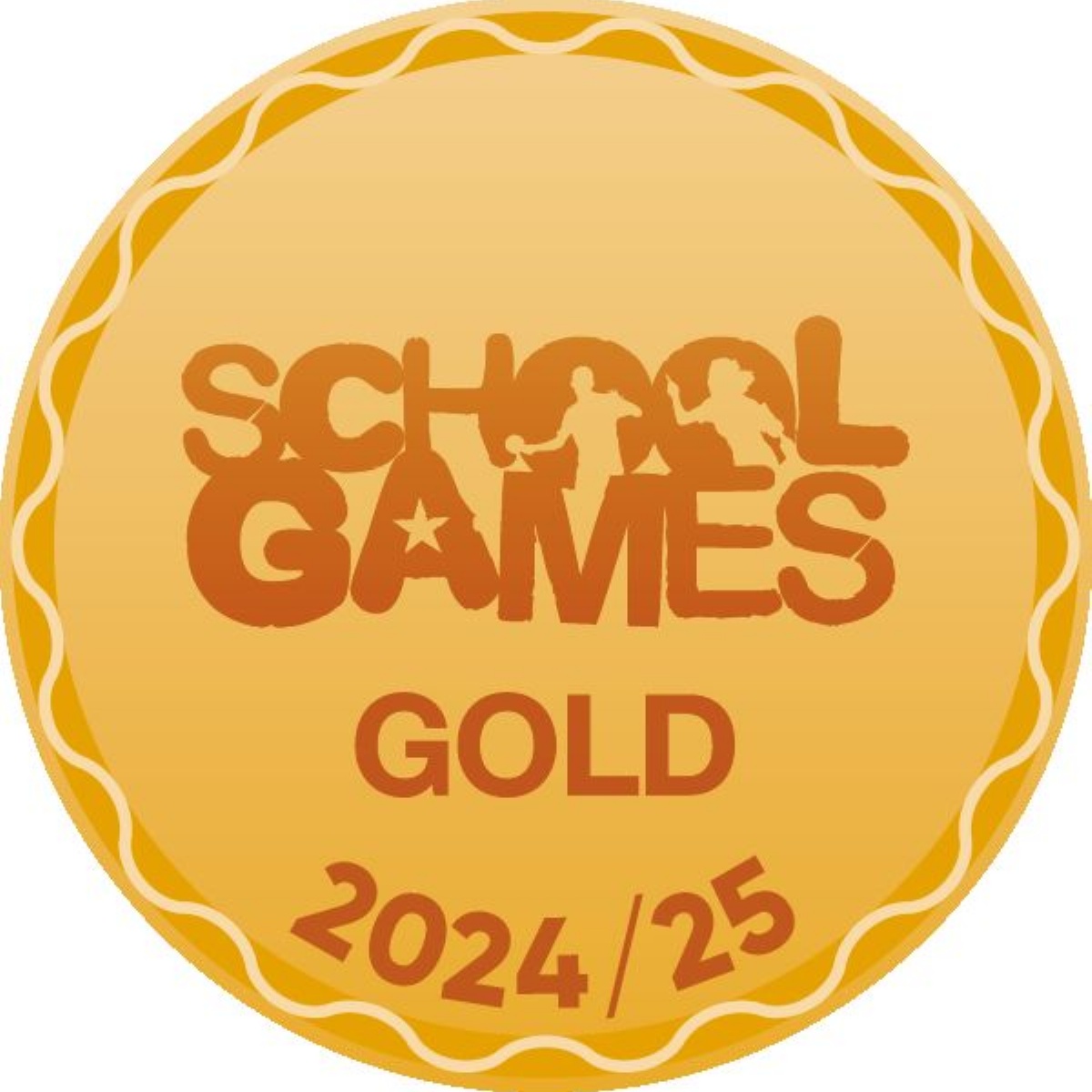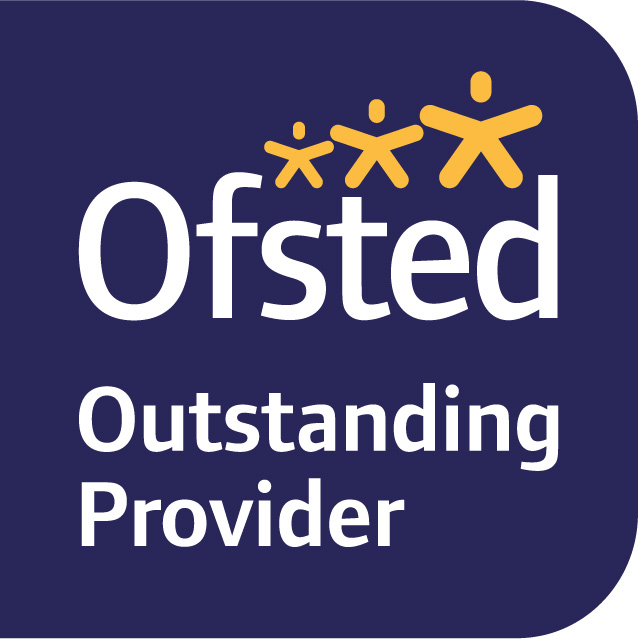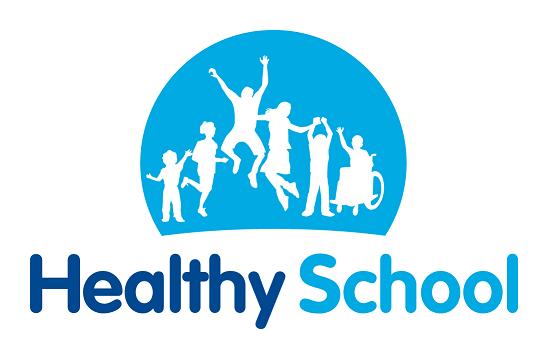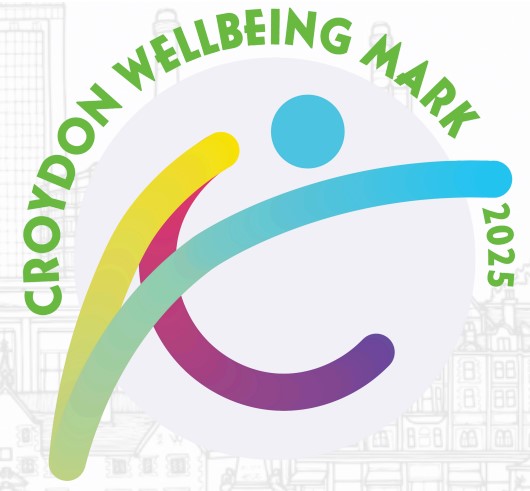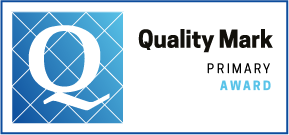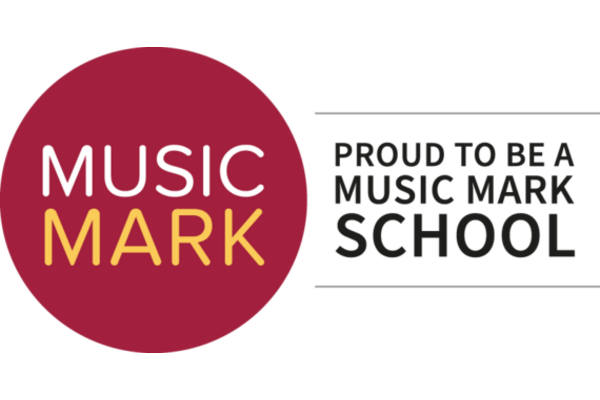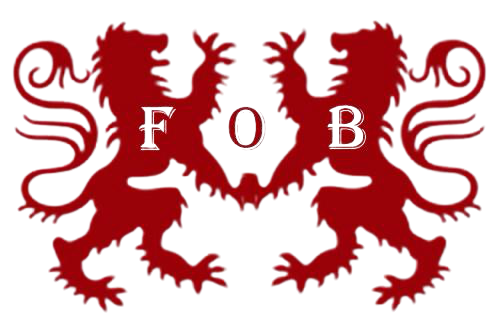History
Intent: “The more you know about the past, the better prepared you are for the future.” – Theodore Roosevelt
In line with the national curriculum, the history curriculum at Beaumont aims to help pupils gain a coherent knowledge and understanding of Britain’s past and that of the wider world. It strives to inspire pupils’ curiosity to know more about the past and equip them to ask perceptive questions, think critically, weigh evidence, sift arguments, and develop perspective and judgement. It should help pupils to understand the complexity of people’s lives, the process of change, the diversity of societies and relationships between different groups. It also should help children gain a sense of their own identity within a social, political, cultural and economic background. Our own school site’s rich and interesting past is a celebrated and inspiring feature of the history curriculum at Beaumont. We draw from and make full use of the immediate and wider local area, enabling children to develop a deep understanding of the history of their locality.
| Key stage: | EYFS | ||||||
| Year group: | Year R | Year 1 | Year 2 | Year 3 | Year 4 | Year 5 | Year 6 |
| Autumn |
My family Seasons |
Childhood past and present | Significant individuals: Emily Davison and Rosa Parks | Stone Age to Iron Age |
Victorians in London Local study: The House on the Hill and Andrew Reed |
World War II | |
| Spring |
Chinese New Year Famous people |
The Beatles and Britain in the 1960s |
The Great Fire of London The Titanic |
Ancient Greeks | The British Empire | Ancient Egypt | |
| Summer |
Timelines Houses |
Significant individuals: Charles Darwin |
Local study: The House on the Hill Seaside holidays in the past |
Local study: John Whitgift |
World War I The Roman Empire and Romans in Britain |
Scots, Anglo-Saxons and Vikings | The Islamic Civilisation around AD900 |
Implementation:
Teaching and Learning
- Plan and deliver the history curriculum outlined in the Primary National Curriculum
- Use different pedagogical strategies to provide a balanced, inclusive, engaging programme of work
- Allow for opportunities to develop own knowledge through independent research, source-work, or role play.
- Research for visits and visitors and other outdoor learning.
- Keep abreast of new or alternative teaching initiatives which could be applied to History.
- Health and safety to be an integral part of the children’s learning
Inclusion and Wider Engagement
- All learning and activities planned to be accessible to all learners, including children with SEND, disadvantaged children and other varying abilities.
- Additional enrichment provided through theme days/weeks within school, visits/visitors, home learning, internet or computing links.
Impact:
Pupil Assessment and Attainment
- Formative assessments are made using observations, key questioning, marking and annotation of children’s work and other forms of Assessment for Learning. This is completed with the child present if possible. This is used to support the planning and development of teaching and learning in the short term.
- Summative assessments are made through the use of end of topic and sticky knowledge assessments.
- The Subject Leader monitors the findings in the end of topic assessments and feeds this information, if necessary, to SLT for further discussion.
History Subject Area and School Improvement Planning
- Subject leader measures impact of the implementation through monitoring activities, including; learning walks, questionnaires to staff and pupils, pupil voice, looking at evidence of pupils' work, analysis of teacher’s assessments and any other relevant evidence.
- Subject leader evaluates the impact and plans for future development of the subject for pupils and staff.
- Subject leader creates action plan, looking to develop new opportunities, refine current practice, plan CPD for staff and feed into the School Improvement Plan (where appropriate).
Overall Intended Impact
- History should be a taught in a way which inspires children to learn about the past and ask historical questions of their own. Children should be taught to create their own conclusions when given a range of sources from which to draw evidence.
- Older children should have an awareness of historical bias.
- Teachers have the confidence and knowledge to deliver a well-planned and interesting curriculum to pupils using a range of resources and approaches.
- Pupils make good progress in their acquisition of skills, knowledge and conceptual understanding.
- Children access a range of different learning opportunities, both in and out of the classroom.
- Staff evaluate the impact of their teaching and learning and develop their practice to suit the learners in their classroom.
- Subject leader can identify strengths and areas for development of the subject and act upon it in the interest of the school.
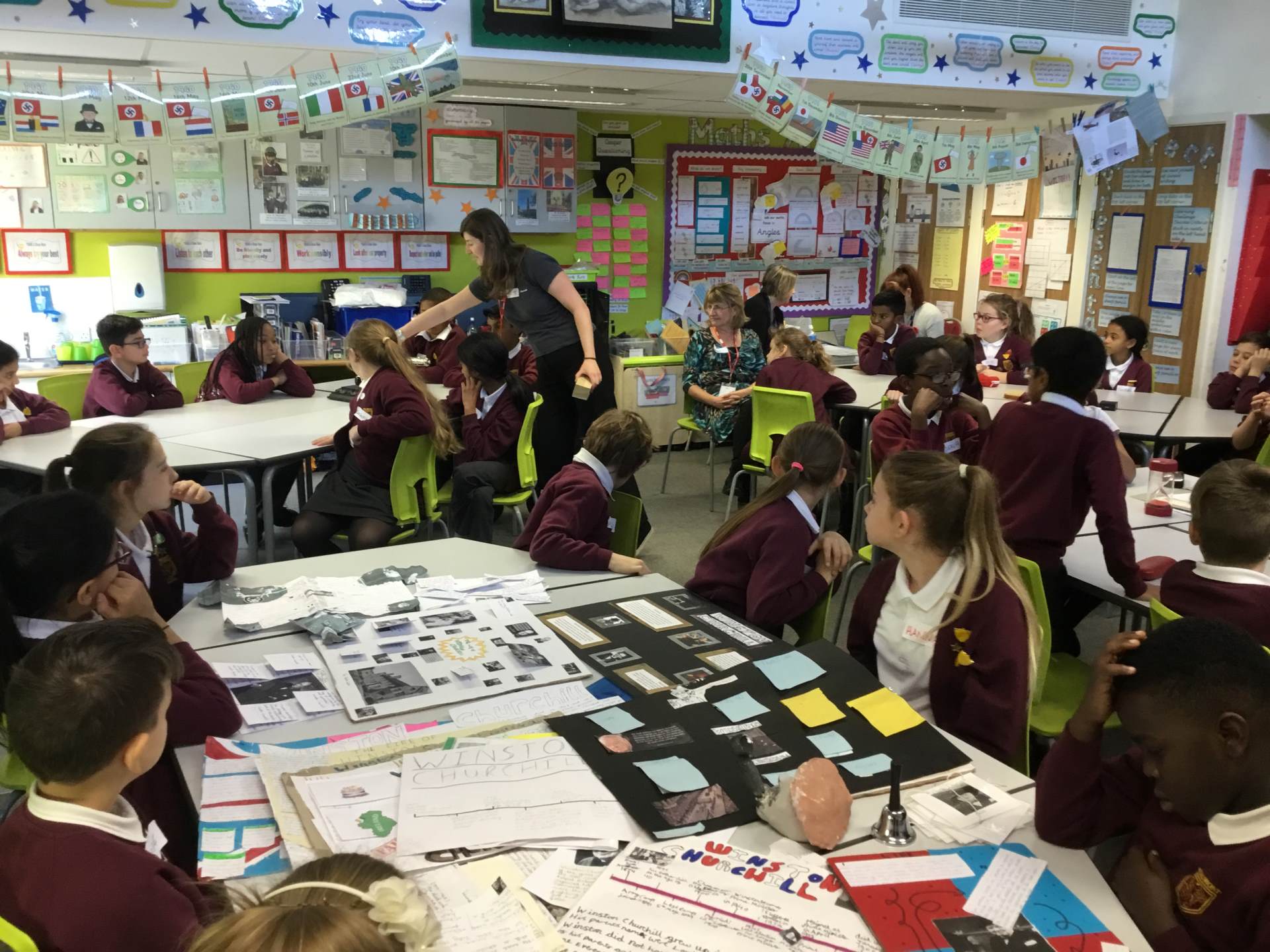 |
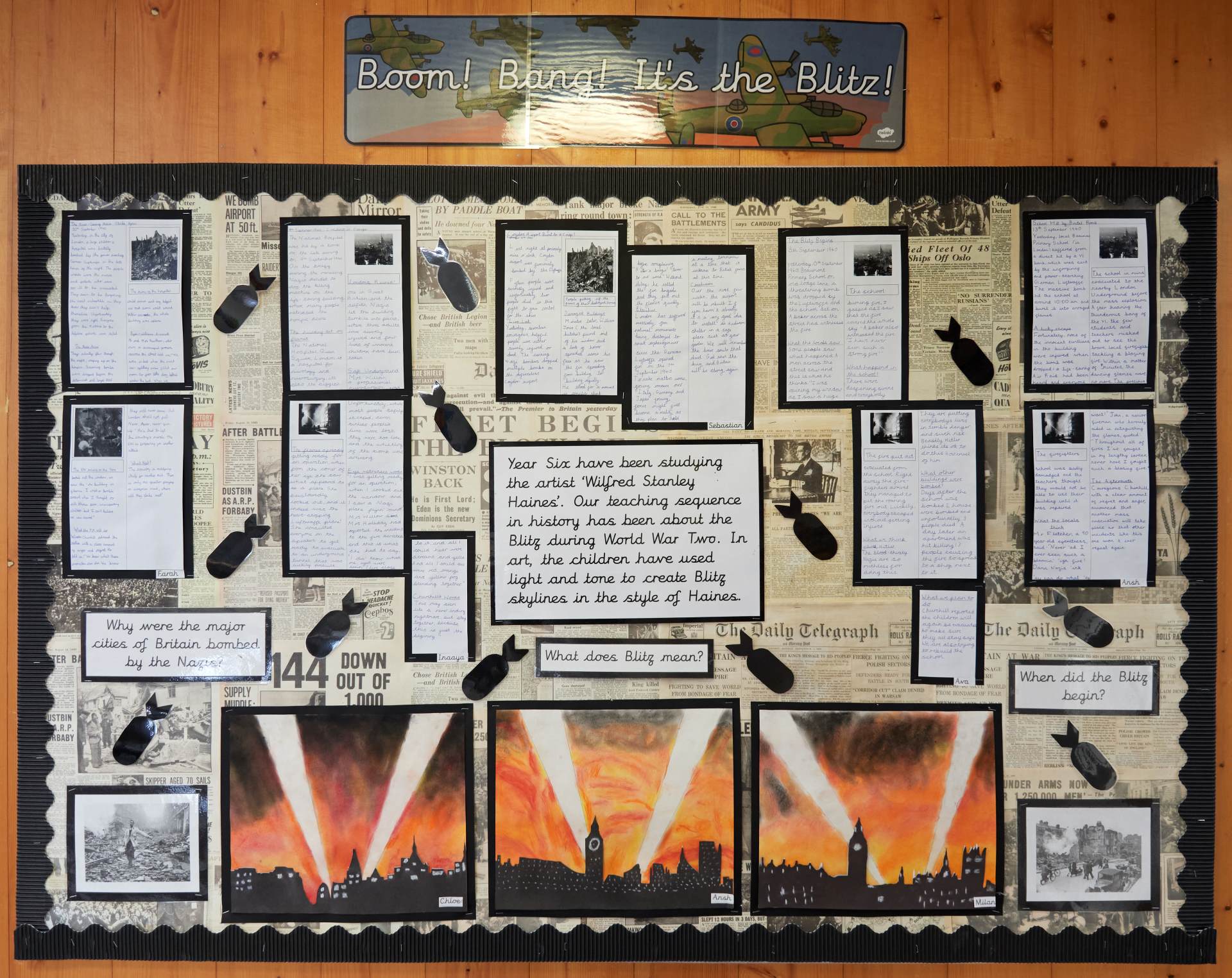 |
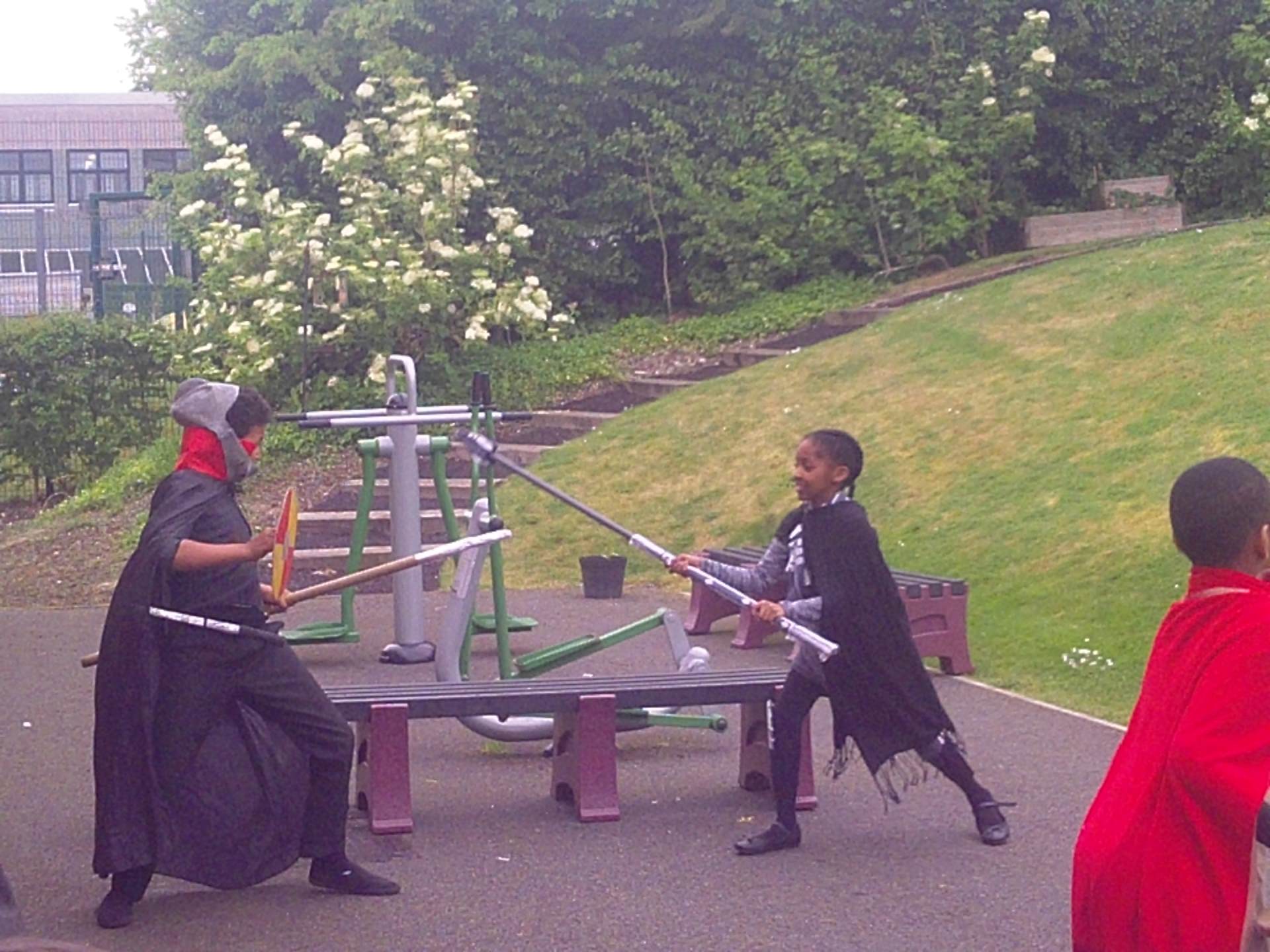 |
|
|
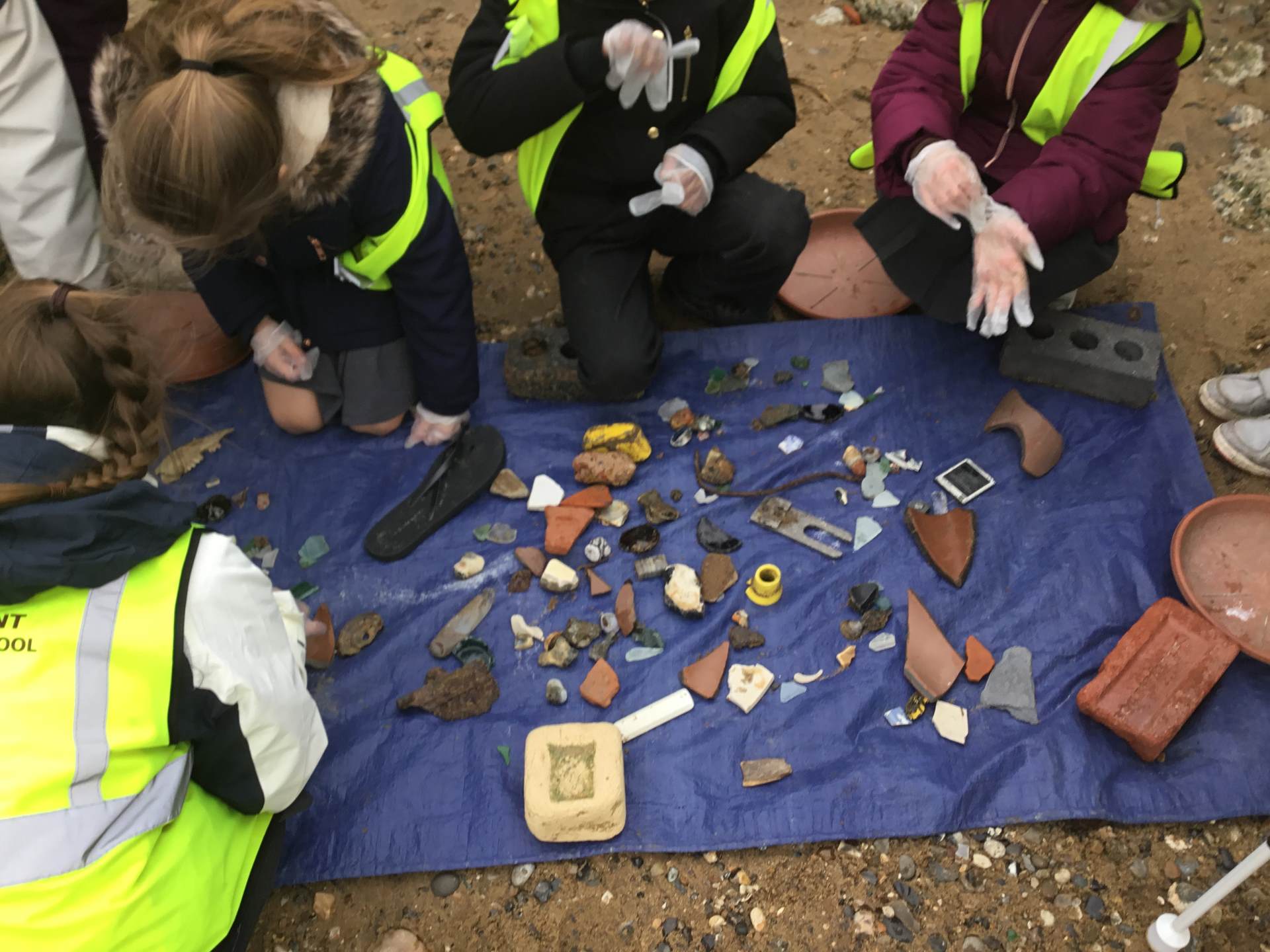 |
 |
Documents
- History - concepts and abstract vocabulary development
- History - curriculum mapping per year group
- History - overview of topics
- History - progression in knowledge and skills
- History - progression through the different strands

